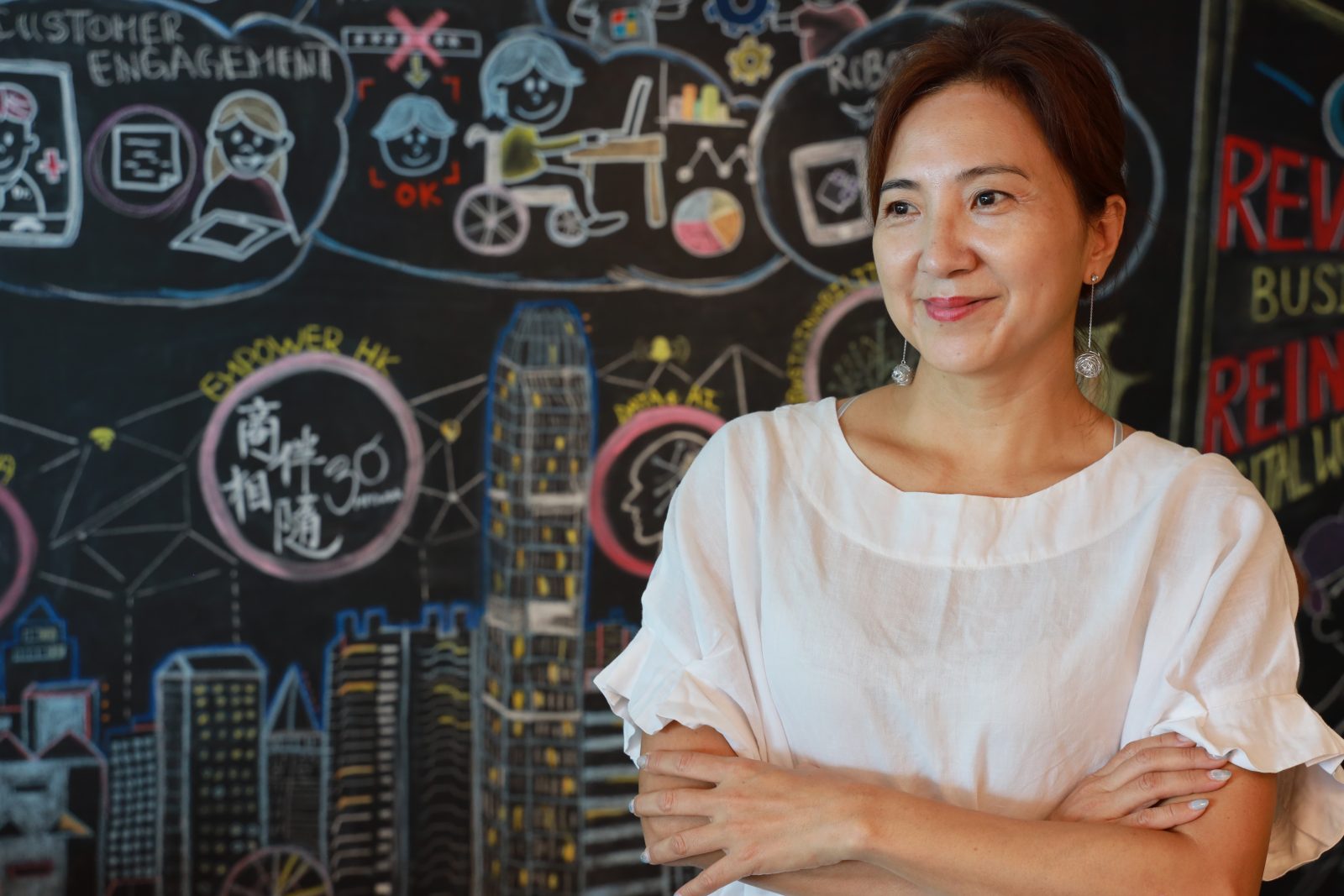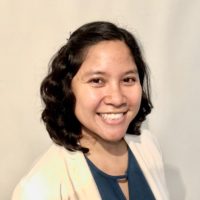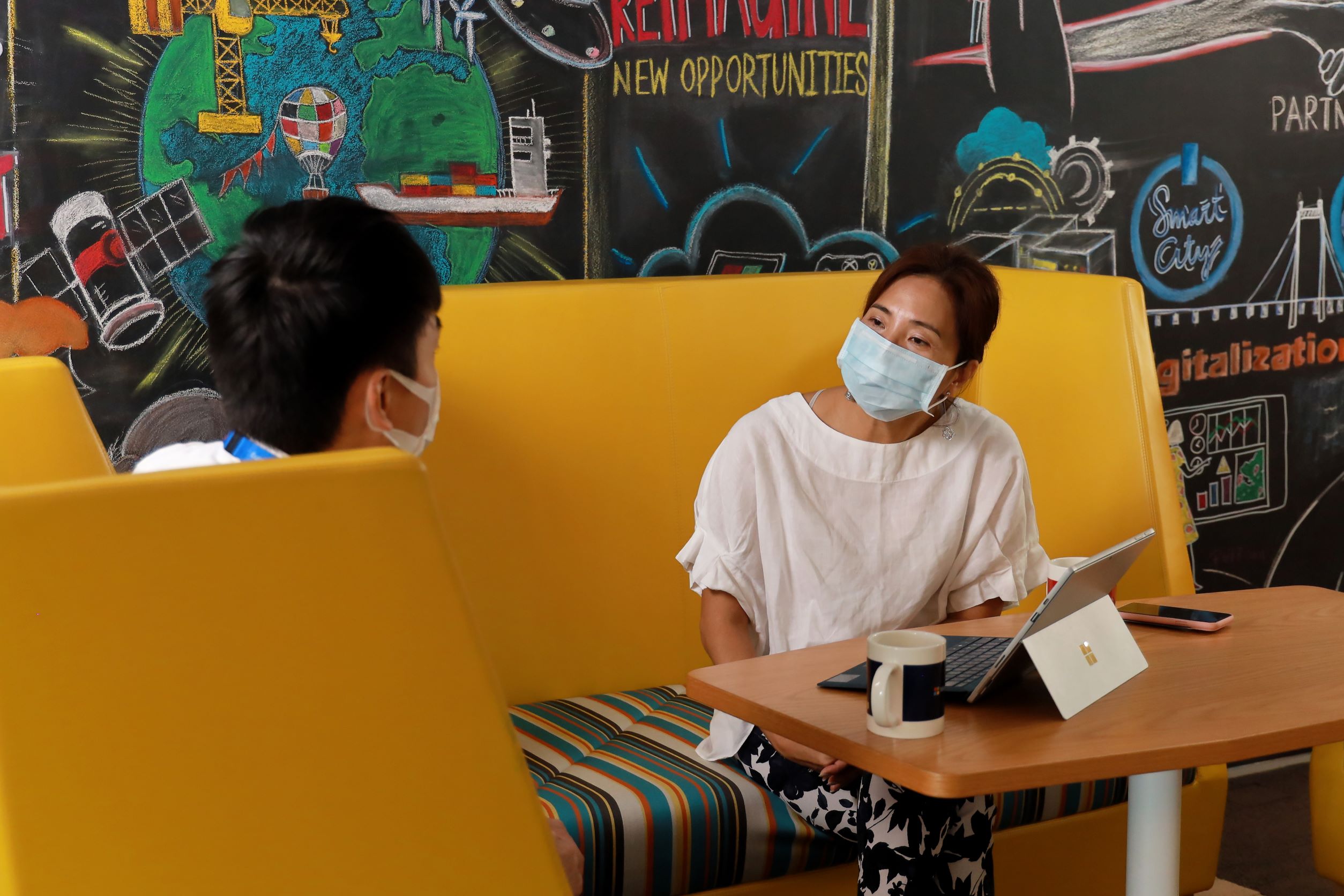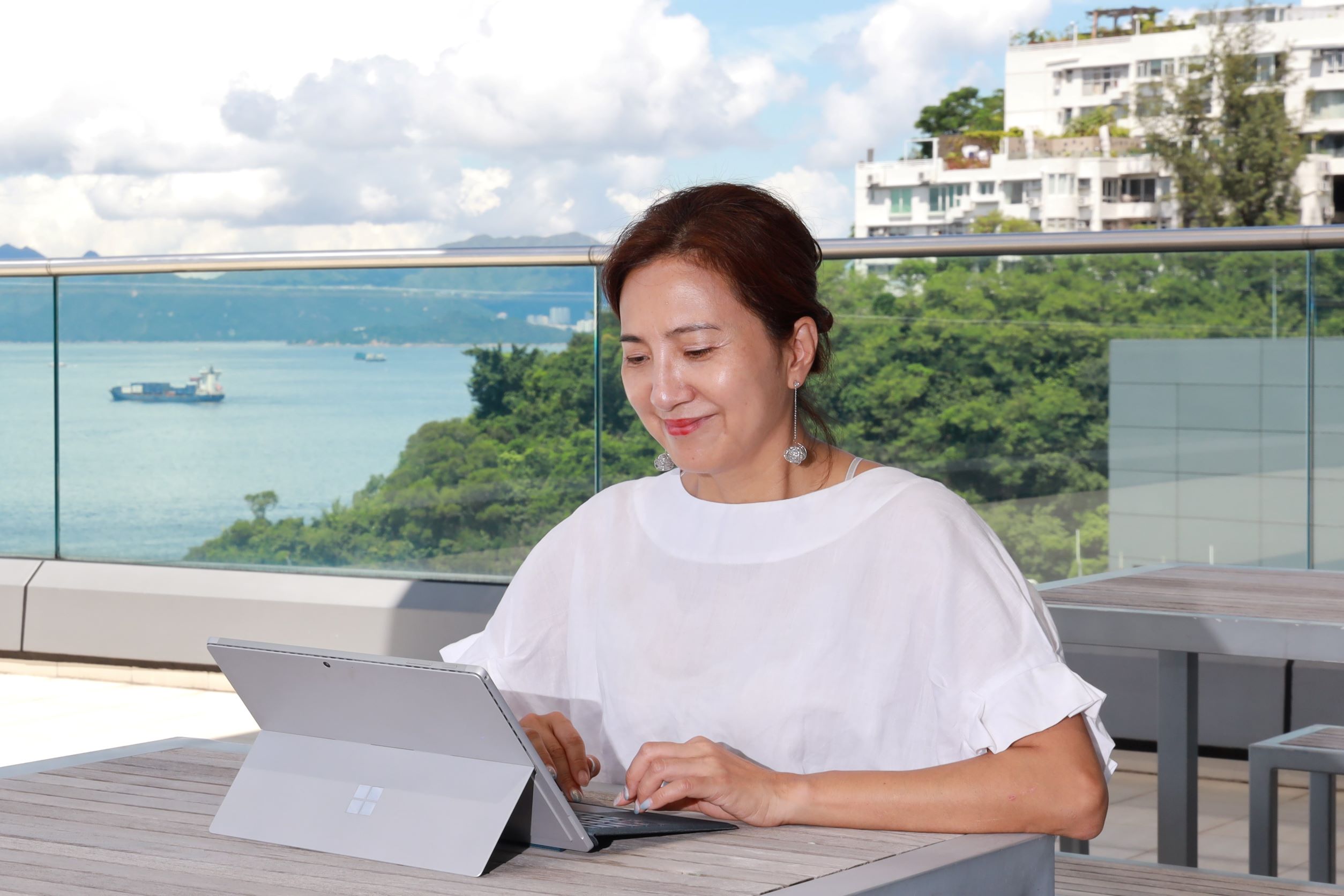
Toby Chan: “Speak up, open up and don’t hide yourself” #IDPD
Toby Chan learned to advocate for herself at a young age. At first, she didn’t want anyone at her Hong Kong elementary school to know about her hearing problems. Then one day, she failed a music test.
She realized two things: She couldn’t follow the rhythm and it wasn’t her fault. So, she decided to tell her teacher.
“My teacher explained to me that I shouldn’t hide it and I should get help for it,” she says. “From then on, I told myself it’s a fact that I have a hearing impairment, and I should bravely overcome it instead of hiding it.”
Chan’s hearing loss started at the age of 3 and continued into adulthood despite a series of surgeries and other treatments. She now has 20% hearing in both ears and can’t recognize low-frequency tones.
Adjusting to life as a person who is hard of hearing was initially a struggle. Her hearing aid, for instance, caused headaches after prolonged use.
But she was determined to move forward. Over time she learned to lip read in three languages. “It’s incredibly helpful especially in face-to-face meetings,” she says. “I’m most fluent in Cantonese lipreading, but when it comes to English and Mandarin, it gets a lot trickier.”
When Chan joined Microsoft Hong Kong 10 years ago, she didn’t feel the need to hide the fact that she was hard of hearing. She was comfortable enough to disclose it because of the culture of inclusion that the company has fostered.
“I love working here because everyone treats me as an equal. They don’t judge me or perceive me as being different. The company gives me opportunities to demonstrate my abilities and work with the team,” she says.
The inclusive environment at Microsoft enabled Chan to thrive in her role as an industry executive specializing in higher education. She assists schools with digital transformation and helps them improve teaching and learning experiences.
A workplace that values inclusion also cultivates allyship. Chan was able to find support from her teammates.
“At times, I have difficulty understanding what my colleagues are saying, so I ask them to speak louder or repeat what they said. And when they find me disconnected or unresponsive, they will automatically repeat themselves. We’re often so much in sync that we understand each other through non-verbal communication most of the time,” Chan says.
“I feel that my colleagues are very caring and attentive. Sometimes, we even laugh about the situation, and this enables me to work well with them.”
Chan says that to be an effective ally people should “be supportive, be patient and listen. Spend time to really understand us and our needs.”
Chan is also open with her clients about her hearing loss. They have not only supported her but also involve her in projects aimed at increasing the accuracy of speech-to-text software.
“Researchers at local universities will provide us with the data, and my team will make recommendations on how to improve the accuracy using AI, machine learning and the Microsoft Azure Data Platform,” Chan says. “For me, these are meaningful projects because I also benefit from them and they’re a way for me to give back.”
Technology plays a pivotal role in helping Chan access information. When she was a student at a university in Canada, she would record lectures and listen to them later. Today, she uses OneNote to help improve her pronunciation, and takes advantage of assistive technologies, such as subtitles and live captions in Teams.
When she’s not busy with work, Chan finds time to unwind through exercise. She does yoga and boxing and jogs three times a week.
“I love sports and any activity to keep myself fit,” she says. “Exercise is a way for me to release pressure and stress and helps me stay positive.
What’s her advice to other people who are hard of hearing?
“Everyone has their own flaws, and it’s important to acknowledge our imperfections. But we shouldn’t let them get to us and allow them to mask our abilities and what we’re capable of accomplishing.
“Speak up, open up and don’t hide yourself. Hearing impairment does not mean you are not comparable to others. You don’t need to compare yourself — just do your best and adopt a growth mindset. Hearing impairment is part of our identity, but it shouldn’t be the only thing that defines who we are.”
ALL IMAGES by John Curran.
















